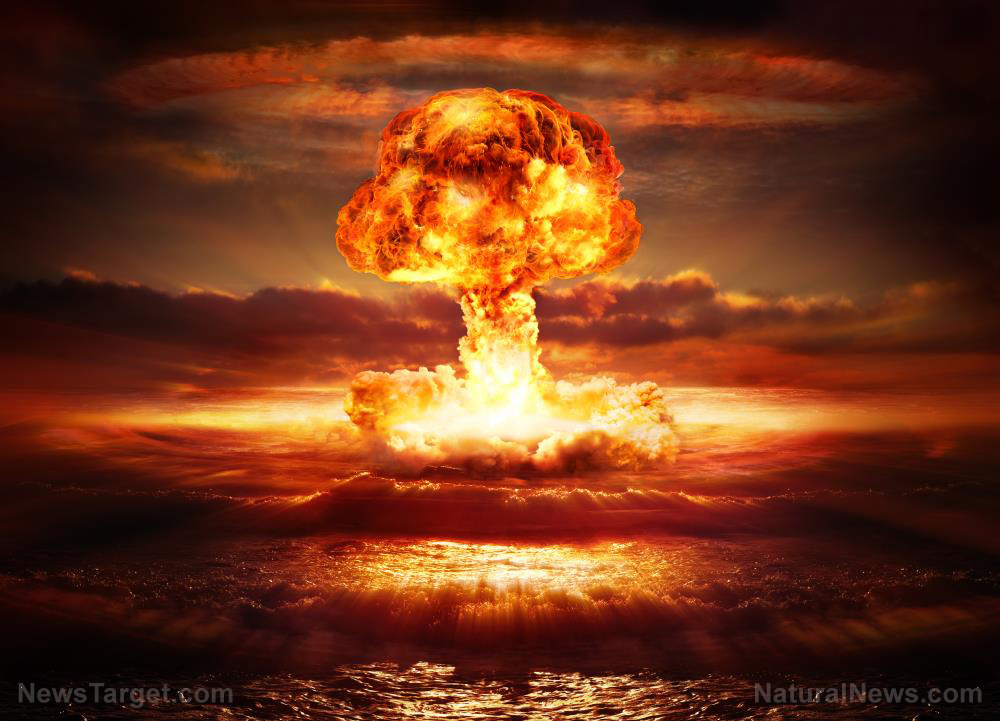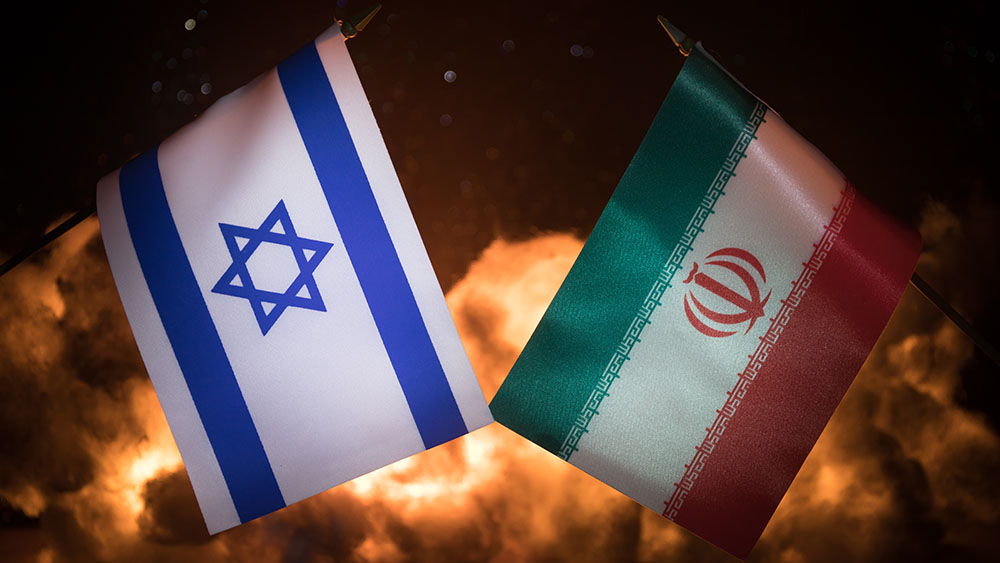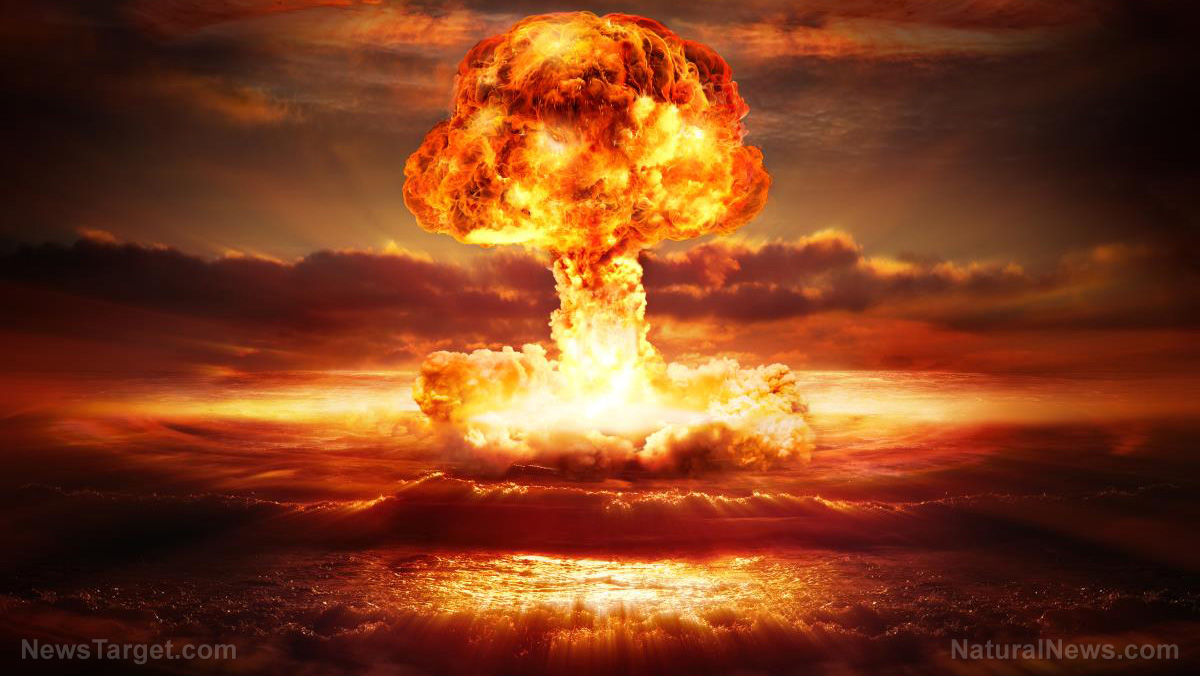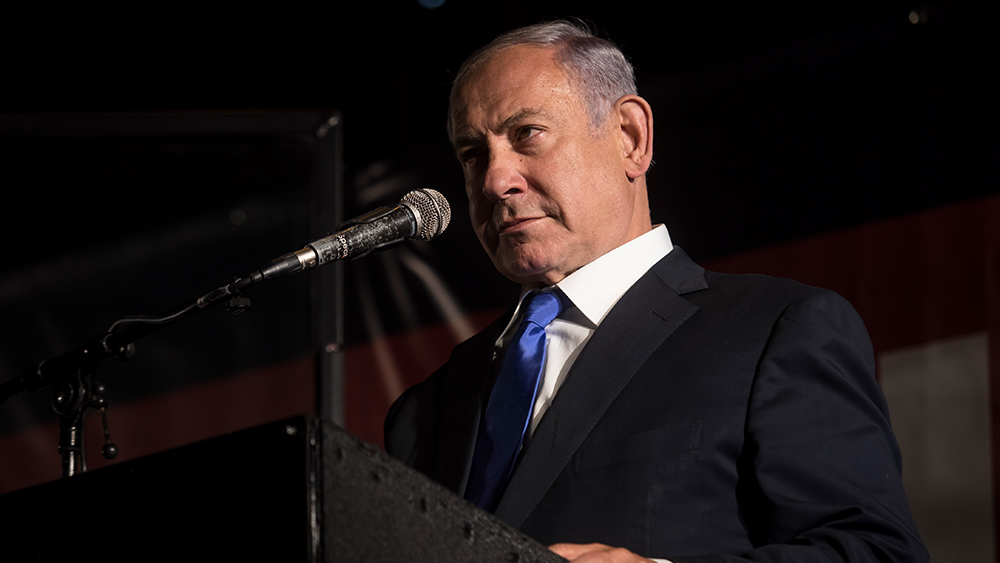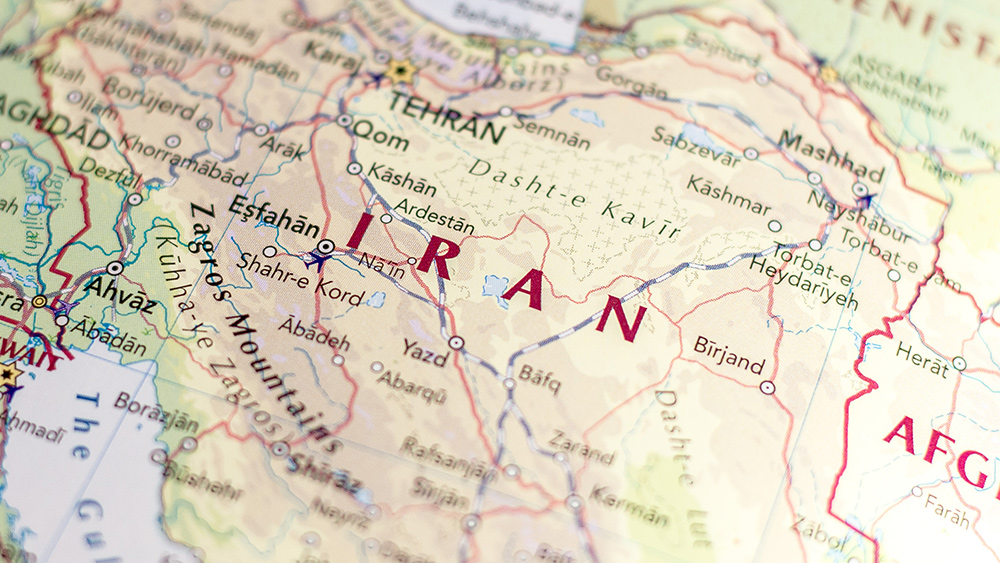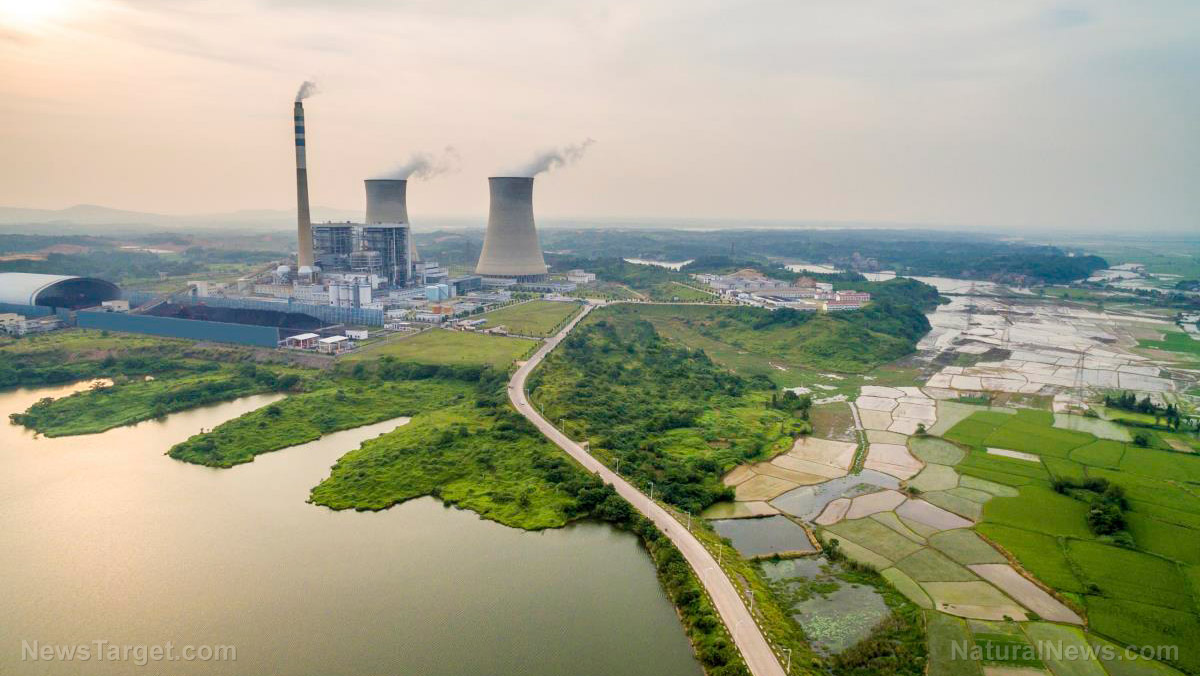Trump calls for radical military spending cuts, seeks Ukraine peace and G7 expansion
02/16/2025 / By Willow Tohi

- President Donald Trump has proposed cutting defense budgets by half for the United States, Russia and China, with the aim of redirecting funds to more productive areas and reducing the risk of catastrophic conflict.
- Trump’s initiative includes a push for renewed nuclear arms control talks and an invitation for Russia to rejoin the G7, reflecting a desire for dialogue and cooperation in international relations.
- The president announced upcoming peace talks with Russian President Putin, highlighting the potential for diplomatic resolution in the ongoing conflict in Ukraine.
- The article discusses the history of nuclear arms control treaties and the challenges posed by the current arms race among major powers, setting the stage for Trump’s proposals.
- Trump’s diplomatic overtures represent a significant departure from past policies, emphasizing the potential for reduced military spending and a renewed focus on global stability through cooperation and dialogue.
In a bold and unexpected move, President Donald Trump has proposed a drastic reduction in defense budgets among the world’s major powers, signaling a shift in U.S. foreign policy that could reshape global security dynamics. During a press conference in the Oval Office, Trump called for the United States, Russia and China to cut their military budgets in half, framing the proposal as a means to redirect funds to more productive endeavors and reduce the risk of catastrophic conflict.
A new era of diplomacy?
Speaking with a sense of urgency, Trump lamented the current trajectory of global military spending. “There’s no reason for us to be building brand new nuclear weapons, we already have so many,” he said. “You could destroy the world 50 times over, 100 times over. And here we are building new nuclear weapons, and they’re building nuclear weapons.” The president emphasized the impracticality of such expenditures, stating, “We’re all spending a lot of money that we could be spending on other things that are actually, hopefully much more productive.”
This proposal comes at a critical juncture in global affairs, particularly as tensions remain high over the ongoing conflict in Ukraine. Trump’s call for a reduction in military budgets is coupled with a renewed push for nuclear arms control talks, a topic that has been a cornerstone of international diplomacy since the Cold War. The president’s vision is ambitious, aiming to reduce the risk of a nuclear arms race and redirect resources to areas such as healthcare, education and infrastructure.
Bringing Russia back to the table
In a nod to his controversial foreign policy, Trump also expressed a desire to see Russia readmitted to the G7, a group of major world economies from which Russia was expelled in 2014 following its annexation of Crimea. “I’d love to have them back. I think it was a mistake to throw them out,” Trump said. “It was the G8, and I think Putin would love to be back.”
The president’s stance on Russia has been a source of controversy, with critics arguing that readmitting Russia could undermine the international sanctions and diplomatic pressure aimed at halting aggressive actions. However, Trump’s approach is rooted in the belief that dialogue and cooperation are essential for resolving conflicts and fostering global stability. “Look, it’s not a question of liking Russia or not liking Russia. It was the G8,” he explained, underscoring his pragmatic approach to international relations.
Ukraine peace talks and a new world order
The president’s push for a more collaborative international order was further highlighted by his announcement of upcoming peace talks with Russian President Vladimir Putin. “In their first confirmed contact since Trump’s return to the White House, the U.S. president said he had held a ‘highly productive’ conversation with his Russian counterpart,” a White House statement read. These talks are seen as a critical step toward ending the war in Ukraine, which has caused significant loss of life and economic disruption.
Trump’s proposal to cut military budgets and engage in nuclear arms control talks is not without precedent. The New START treaty, which aimed to limit the number of strategic nuclear weapons between the United States and Russia, was a key achievement of recent arms control efforts. However, the treaty has faced challenges, with Russia suspending its participation during the Biden administration. Trump’s call to bring China into these talks reflects a recognition of the rising power’s growing military capabilities and the need for a more comprehensive approach to global security.
Historical context and contemporary relevance
The history of nuclear arms control is replete with landmark agreements and missed opportunities. The Cold War era saw the negotiation of treaties like SALT I and II, the ABM Treaty and the INF Treaty, all aimed at reducing the threat of nuclear war. The collapse of the Soviet Union and the subsequent shift in global power dynamics led to new challenges, including the rise of China as a major nuclear power.
Today, the international community faces a renewed arms race, with all three countries investing heavily in modernizing their nuclear arsenals. Trump’s proposal to cut military budgets in half is a radical departure from the status quo and could be seen as a bold step toward denuclearization and global stability. However, the success of such an initiative will depend on the willingness of Russia and China to engage in meaningful negotiations and commit to significant reductions in their defense spending.
Conclusion
Trump’s latest diplomatic overtures represent a significant shift in U.S. foreign policy, one that emphasizes cooperation and dialogue over confrontation. While his proposals are ambitious and face numerous hurdles, the potential benefits of reduced military spending and a renewed focus on nuclear arms control cannot be overstated. As the world continues to grapple with the complexities of global security, Trump’s call for a new era of peace and stability offers a glimmer of hope for a safer and more prosperous future.
Sources include:
Submit a correction >>
Tagged Under:
big government, China, Foreign policy, g7, globalism, military spending, money supply, national security, peace, respect, Russia, statesman, Trump, Ukraine, Ukraine witness, world powers
This article may contain statements that reflect the opinion of the author
RECENT NEWS & ARTICLES
COPYRIGHT © 2017 NUCLEAR NEWS

